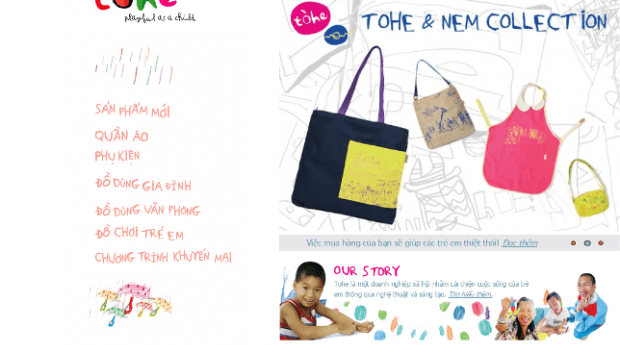Vietnam has been a host to several social enterprises in the recent years. The trend that started with pioneers like the Centre for Social Initiatives Promotion (CSIP), is now being followed by foreign philanthropists, who are supporting the establishment of many such social enterprises in the country; one of them being LGT Venture Philanthropy (LGT VP).
Start your deal-making journey now!
Subscribe now to enjoy unlimited access at just $59.
Premium coverage on private equity, venture capital, and startups in Asia.
Exclusive scoops from our reporters in nine key markets.
In-depth interviews with industry leaders shaping the ecosystem.
Already a Subscriber? Log in
Contact us for corporate subscriptions at subs@dealstreetasia.com



